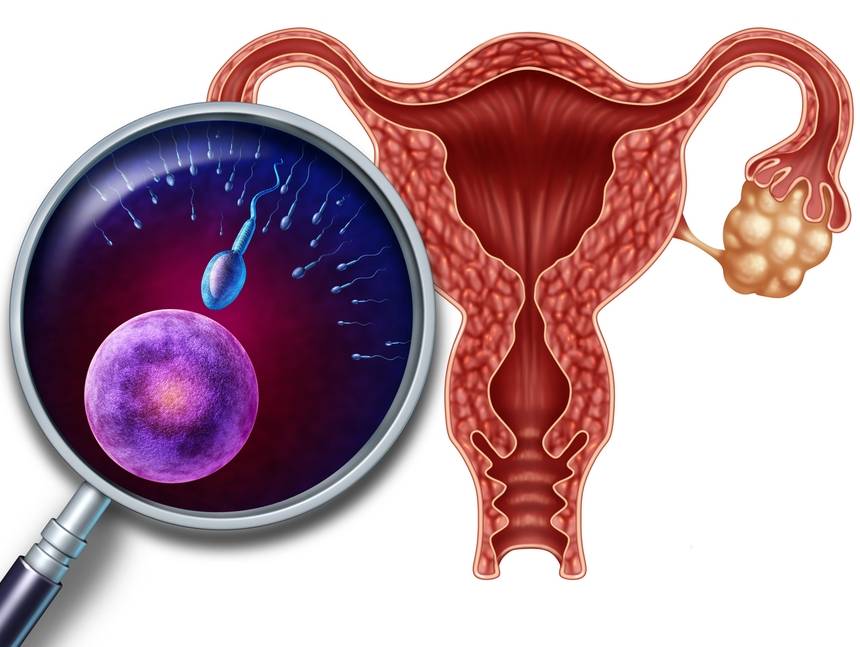Ectopic pregnancy is a situation that causes significant distress for women, and the inability to conceive after an ectopic pregnancy is even more anxiety-inducing and worrisome. So, what are the causes of this situation?
Firstly, blocked fallopian tubes are a common and important factor. The occurrence of ectopic pregnancy is often related to abnormalities in the fallopian tubes, such as pathogenic infections, endometriosis, fallopian tube damage, and unclean sexual practices, all of which may lead to issues in the fallopian tubes. After experiencing an ectopic pregnancy, the fallopian tubes are more likely to sustain damage, resulting in blockage, which in turn affects the union of eggs and sperm and the transport of the fertilized egg, making conception difficult.
Secondly, low sperm activity may also be one of the reasons. If a man’s sperm activity is insufficient and cannot effectively fertilize the egg, it will naturally be difficult to become pregnant.
Additionally, gynecological inflammation should not be overlooked. Conditions like **inflammation and cervicitis can increase cervical mucus and secretions, blocking sperm from entering the fallopian tubes for fertilization and conception.
For women with a history of ectopic pregnancy, it is also necessary to consider whether the fallopian tubes are clear. If the fallopian tubes are not clear, including complete blockage or partial blockage, this will adversely affect conception. In cases of partial blockage, it is not only difficult to conceive but may also lead to a recurrence of ectopic pregnancy.
Furthermore, ovulation issues may also be one of the factors leading to difficulty in conceiving after an ectopic pregnancy. If ovulation is irregular, the egg may not be released normally, making it impossible to combine with sperm to form a fertilized egg.
What should be done when facing the issue of being unable to conceive after an ectopic pregnancy?
Firstly, one should seek medical attention as soon as possible for a thorough examination. The doctor may recommend a fallopian tube oil contrast examination to understand the patency of the fallopian tubes. If blockage is present, laparoscopic surgery combined with guide wire cannulation may be considered to clear the fallopian tubes. If there are ovulation issues, medications can be used to promote ovulation.
In summary, the reasons for being unable to conceive after an ectopic pregnancy are complex and may involve various aspects, including the fallopian tubes, sperm quality, ovulation conditions, and gynecological inflammation. For women experiencing this distress, it is advisable to promptly undergo comprehensive examinations at a hospital, including hormone tests, fallopian tube oil contrast studies, and ovulation monitoring, to clarify the specific reasons and take appropriate treatment measures under the guidance of a doctor. Meanwhile, maintaining a positive mindset and healthy lifestyle can also help improve the chances of conception.


